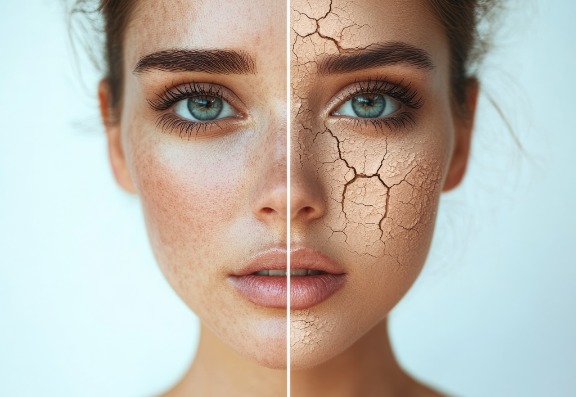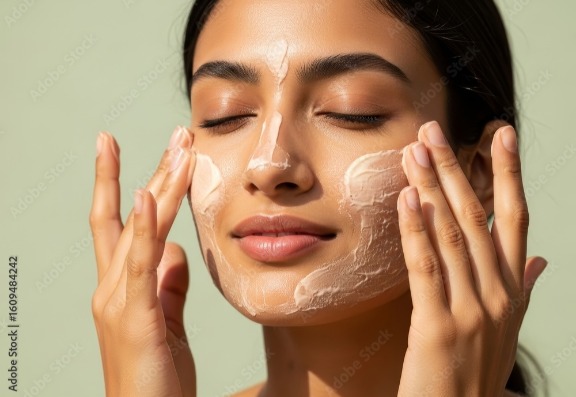What’s the difference between dehydrated and dry skin?


What about moisturising?
If you want to read more, the experts at Consulting Room really know what they're talking about and have put together acne and SPF FAQs just for you.
If you have more questions, you can use the acne and SPF questions feature to talk to our panel of trained medical experts.
If you're keen to get started with any of these treatments right away then you're in luck - those clever folks also have a list of trusted, accredited acne and SPF clinics in your area.
Many thanks to the author of this blog Dr Sam Robson who owns Temple Clinic.
Dr Sam Robson is a highly respected and experienced practitioner who qualified as a GP in 1997 and has been practising aesthetic medicine since 2004.
She has also become progressively aware of the increasing incidence of low morale and self-esteem
The repertoire of treatments provided by the clinic aims to help address many problems.
Call Dr Sam Robson on 0122 486 9997 or visit www.templeclinic.co.uk.

A survey reveals that most people trust dermatologists far more than social media influencers, yet many continue to spend money on treatments that don’t work.
We ask an expert skin doctor: ‘What are the benefits of LED therapy, and is it worth the investment?’
Did you know that happy guts = happy skin?
Hey, wait!
Before you go.....
Let's stay in touch, pop your details here and we'll send our editor's hand-picked updates on your fave subjects.